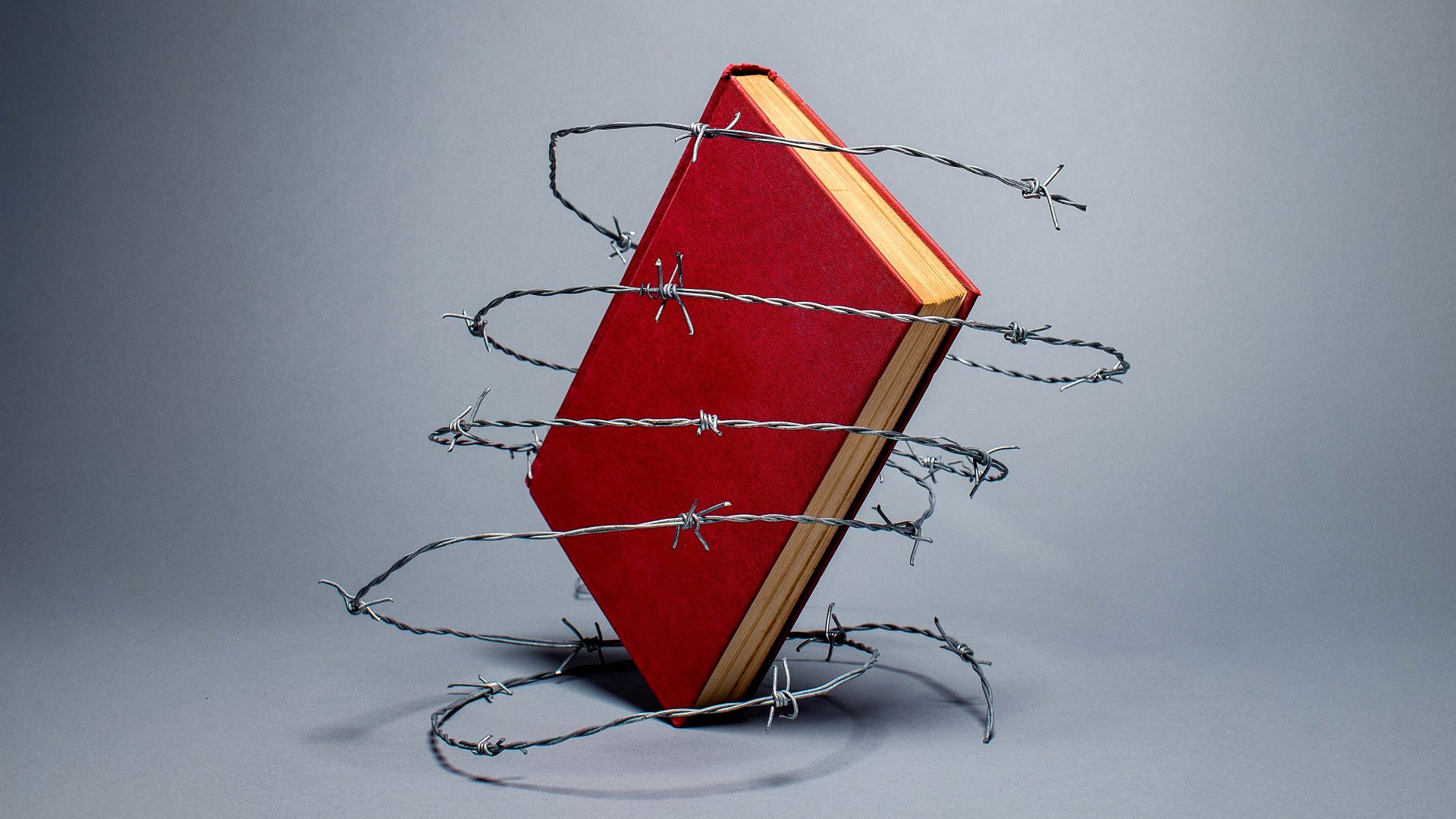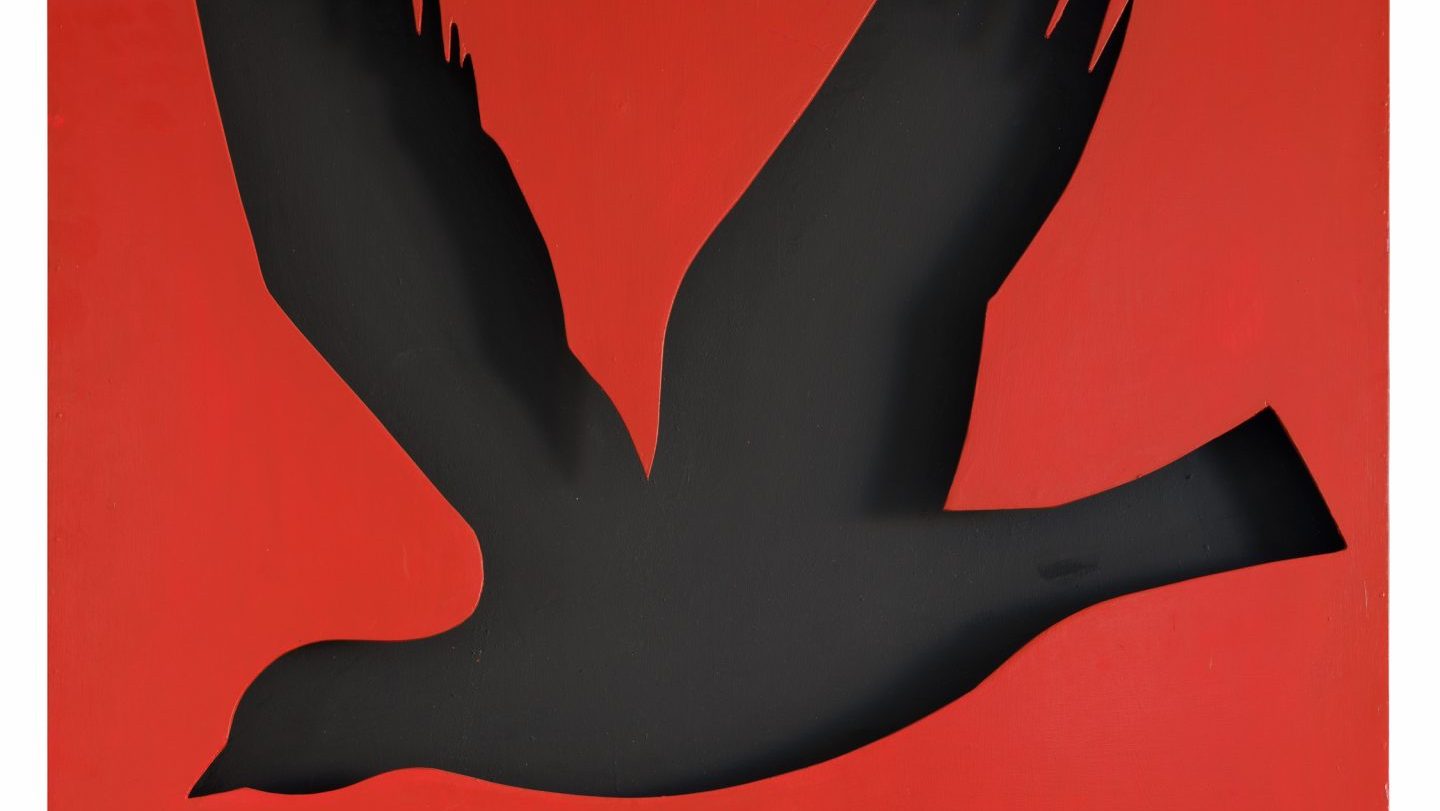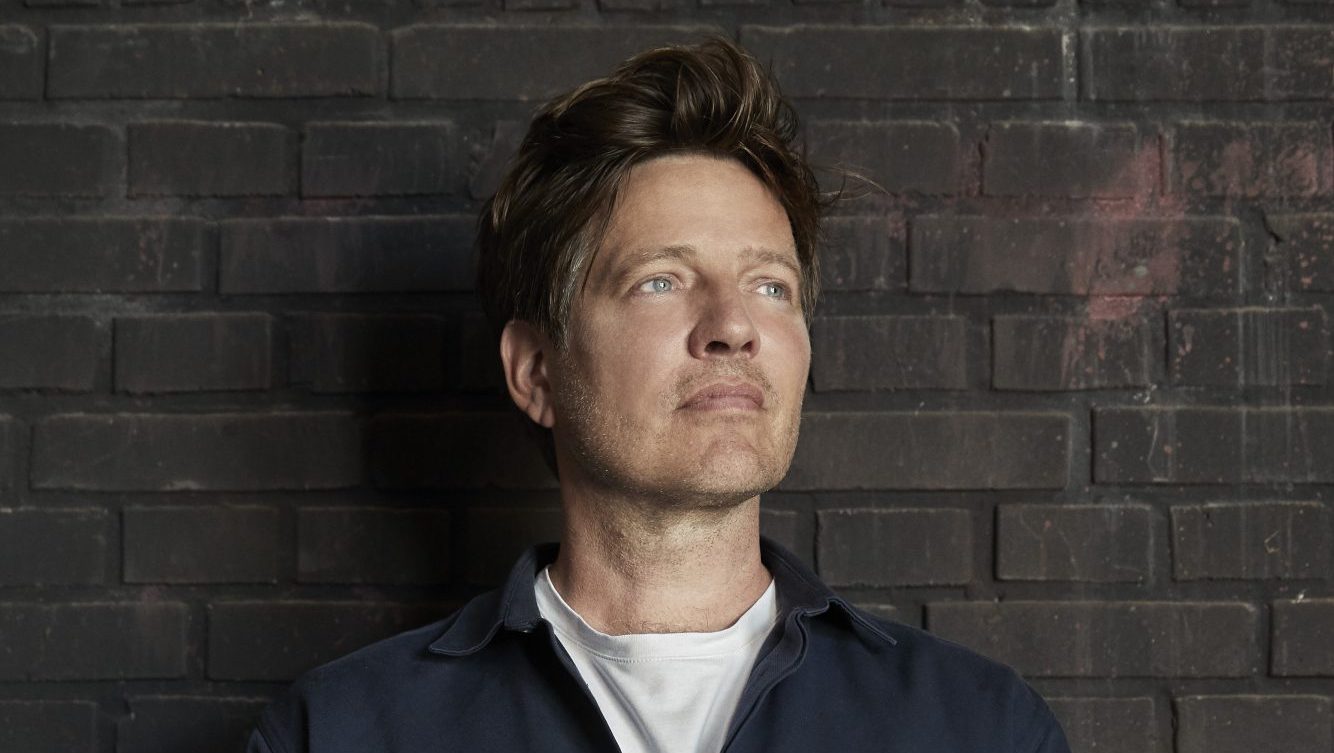The outcome of the imminent US presidential election is massive for any number of reasons, arguably more than any previous election given how the campaign has been dominated by the apparent normalisation of demagoguery, ramped-up antipathy to facts and unbridled racism.
Applying the implications of the election to the cosy world of books when the Middle East is in turmoil, the war in Ukraine rages on and the consequences of climate change become ever more visible might seem recondite at best. But the identity of the next occupant of the White House is hugely important to the American literary world because it is hugely important to free speech in the US as a whole.
You don’t need me to tell you that the biggest threat to free speech is Donald Trump and the MAGA cult his brand of populist sloganeering enables. Yes there are people who will raise a finger here and say “ah, but the Democrats…”, but this is like seriously advocating equivalence between a sneeze and a hurricane.
The frightening possibility of another Trump presidency comes with the genuine prospect of the terrifying Mandate for Leadership 2025: The Conservative Promise, the manifesto for hairy-palmed non-thinkers otherwise known as Project 2025, finding a place at the heart of government.
This 900-page abomination, which reads like something Margaret Atwood might have come up with but dismissed as too outlandish, presents a vision of America dreamed up by right-wing evangelical Christian think-tank the Heritage Foundation who, aware of Trump’s aversion to detail, have come up with a whole lot of detail to save him the trouble.
Trump has tried unconvincingly to distance himself from Project 2025. He certainly hasn’t read it and among those behind it are several of his former advisers. But whether he is directly connected to it or not the document reads like a more detailed, less meandering, couched in proper sentences representation of the America he describes in his speeches and seeks to rule like an absolute monarch.
Book banning is already a blight on America, particularly in schools. In a number of states there are libraries in schools and colleges that have been cleared entirely while self-appointed moral guardians trawl each volume for something that might offend their malevolent idea of what constitutes social, historical and sexual morality. A startling range of books have been banned as a result, many of them classics, whipping up a manufactured hysteria that has led to those well-known malign influences on our world – librarians – receiving death threats.
The Project 2025 document contains a section called “A Promise to America”, which is more a threat than a promise. Heritage Foundation president Kevin Roberts is, it seems, concerned about American schools being flooded by what he defines as “pornography” but what others might see as simply “things Kevin Roberts doesn’t like”. So concerned is he, in fact, that in his view, “educators and public librarians who purvey it should be classed as registered sex offenders”. This means that for simply working under the same roof as, for example, The Perks of Being a Wallflower by Stephen Chbosky, a librarian could be condemned to the same legal category as a convicted paedophile.
Currently the responsibility for banning books from public institutions lies with the states, of which 41 have implemented some level of literary censorship in their schools. Some are more enthusiastic suppressors than others. Texas suffers badly at the hands of these opponents of free speech: its prison service banned Shakespeare’s sonnets for being “sexually explicit”, for example, while a recent anthology of writing by past and present Texas prisoners has been banned… in Texas prisons. Inmates are permitted to read another first hand account of imprisonment, however: Mein Kampf.
In Florida, meanwhile, where according to PEN America more than 3,000 titles were removed from school libraries between 2021 and 2023, six major publishing houses announced in August their intention to take legal action over House Bill 1069 which allows parents to object to any work they consider to be pornographic or inappropriate for their children. It only takes one complaint for a book to be immediately removed and subjected to a lengthy and rigorous process of review which the publishers’ lawsuit considers to be a violation of the First Amendment. Ernest Hemingway’s For Whom the Bell Tolls and Brave New World by Aldous Huxley and Anne Frank’s diary are among the literary classics that have fallen victim to this Florida snowflakes’ charter and US publishers have had enough.
Led by the massive Penguin Random House organisation, the suit seeks among other things to restore “the discretion of trained educators to evaluate books holistically to avoid harm to students who will otherwise lose access to a wide range of viewpoints”.
The kind of nonsense they are up against is shown up nowhere better than in Kevin Roberts’s foreword to the Project 2025 manifesto, in which he claims without supporting evidence that “children suffer the toxic normalization of transgenderism with drag queens and pornography invading their school libraries”, and declares that pornography – and it’s only his definition that counts here, remember – “has no claim to First Amendment protection”.
If the situation is this bad with a Democrat in the White House imagine what it might be like if Donald Trump regains the presidency. More than 100 right wing groups and organisations were involved with the Project 2025 document, some of whom were close to the White House during Trump’s previous tenure. It is hardly a stretch to believe that a Trump presidency would ratchet up this kind of censorship way beyond the confines of educational establishments.
Project 2025 cites four key tenets for the future of America as they see it: to restore the family as the centrepiece of American life, to dismantle the administrative state and return governance to the American people, to defend the nation’s sovereignty and borders from global threats and “secure our God-given individual rights to live freely”.
None of those bode well for the future of freedom of speech in America, and by extension that threatens the world of literature.
It is worth pointing out that Trump’s nominee for Vice-President, J.D. Vance, is closely associated with Kevin Roberts, to the extent that he has written a foreword to Roberts’ forthcoming book Dawn’s Early Light: Taking Back Washington to Save America, to be published next month one week after the election. That subtitle, incidentally, has been watered down considerably from the original Burning Down Washington to Save America.
In a bizarre foreword that includes tortured metaphors about gardening, Vance praises Roberts, notes their similar backgrounds and concludes, “The old conservative movement argued if you just got government out of the way, natural forces would resolve problems – we are no longer in this situation and must take a different approach. As Kevin Roberts writes, ‘It’s fine to take a laissez-faire approach when you are in the safety of the sunshine. But when the twilight descends and you hear the wolves, you’ve got to circle the wagons and load the muskets’. We are now all realizing that it’s time to circle the wagons and load the muskets. In the fights that lay [sic] ahead, these ideas are an essential weapon”.
Roberts thinks To Kill a Mockingbird and Anna Karenina have no place in American households – and yet Vance, who could soon be vice president of the US, finds him admirable enough to write a foreword to his book, one that hitherto advocated the burning down of Washington and featured a match as the centrepiece of its cover design.
If you can haul anything important from these crackpot theories it is the recognition that literature is a powerful tool. Vance himself is a bestselling author thanks to his 2016 memoir Hillbilly Elegy that detailed the kind of white working class disaffection that helped Trump into the White House in 2016. Hillbilly Elegy had sold 3m copies even before Vance was announced as Trump’s running mate, and in the four weeks after his nomination the book sold another 877,000.
Hillbilly Elegy has been pilloried for its inaccuracies and false assumptions, but is unlikely ever to be removed from the school libraries of the United States. For one thing, unlike 37% of books banned in America in 2023, it is not by an author of colour. Also, unlike 36% of those books, it does not contain themes sympathetic to the LBGTQ+ community.
Yet perhaps the most telling literary excerpt pertaining to the US election comes in Melania Trump’s sumptuously-produced memoir Melania. Her thoughts on abortion rights dominated the book’s coverage but her response to the attempted coup of January 6th has been rather overlooked.
She writes that on the day her husband’s supporters tried to overthrow democracy she was concentrating hard on photographing historical artefacts in the White House because it was the duty of the First Lady to do so (it isn’t). In the middle of the afternoon, as she supervised the photography of some floor coverings, Melania received a text message from her press secretary.
“She was asking if I wanted to ‘denounce the violence’,” Trump writes. “I found the question perplexing – when had I ever condoned violence? Throughout my tenure, I consistently denounced violence on numerous occasions. However, at that moment, my team was already behind the schedule and focused on the task. I wasn’t aware of the events unfolding at the Capitol building.”
When asked to denounce the violent insurrection playing out live on the nation’s television screens and taking place on her doorstep, the first lady of the United States claims in her own memoir that she was not only unaware of it, she was utterly incurious about it. Nothing was going to distract her from the important business of watching a photographer take pictures of a rug.




